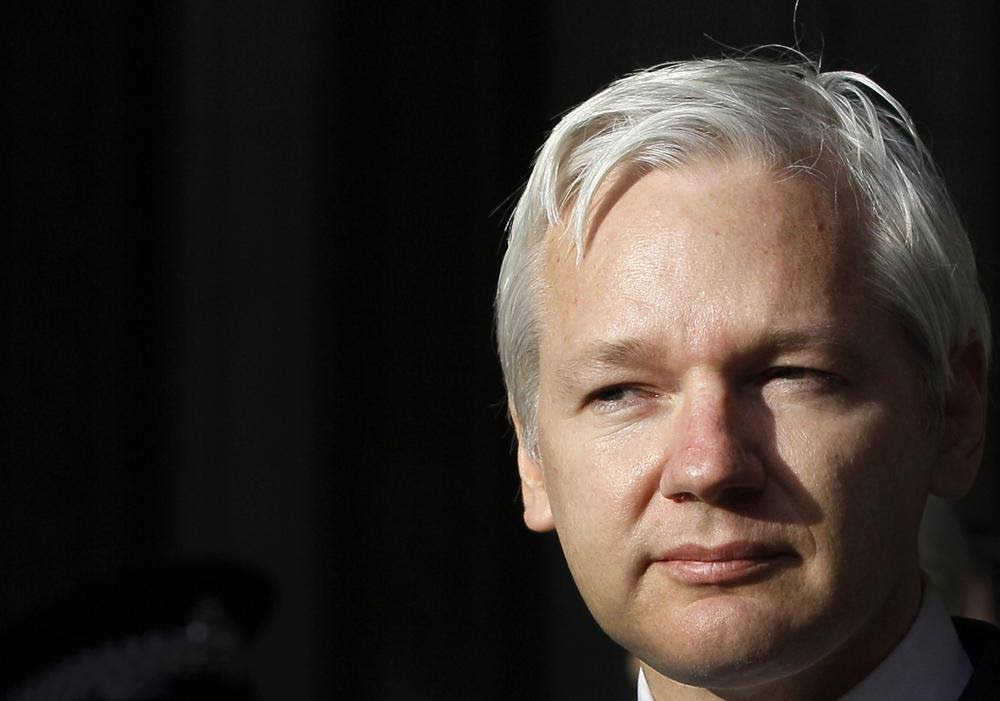The strange Assange case

THE EDITOR: Suppose America succeeds in having Julian Assange extradited from London to face espionage and computer hacking charges, as it appears set to do. Does he even have a remote chance of winning his case against the plethora of high-powered lawyers in the US Justice Department? And even if his case gets to the US Supreme Court, can he get a fair hearing with a court that is chock-full of conservative political appointees?
First, why is the British government even involved in the US case against Assange when he was only held at London’s Old Bailey for skipping bail on a Swedish charge that was eventually dropped? So now we have four different jurisdictions involved, Sweden, Ecuador (where he sought refuge in their British embassy), Britain and the US, working in concert to imprison WikiLeaks founder Assange, an Australian citizen.
At the heart of the US case against Assange are two opposing principles. On the one hand, there is the 1919 Espionage Act, which was meant to prevent acts of spying during times of war, and on the other hand, there is the First Amendment, which protects freedom of speech and the press.
Assange’s case is based on his credentials as a journalist, the right to investigate alleged wrongdoings, and the right of the people to know of the atrocities committed during the Afghanistan and Iraq wars. The lesser charge of computer hacking by assisting whistle-blower Chelsea Manning to hack into a government computer is another account used to fuel the extradition case and stop the Assange defence from using press freedom as the sole cause, which could rile up journalists in all free-speech countries.
According to the American Civil Liberties Union, “the indictment is troubling, nonetheless. It characterises as 'part of' a criminal conspiracy journalistic activity that is not just lawful but essential to press freedom. And there is reason to be concerned that the charge of ‘conspiracy to commit computer intrusion’ that was unsealed today may not be the Justice Department’s final word on the matter. There are already reports that the government expects to bring additional charges against Assange once his extradition has been completed.”
If true, this could see Assange spending many years, conceivably a lifetime, in prison. The more significant issues are: Can Assange get a free trial in America, and will press freedom irretrievably suffer if he is found guilty of the charges against him, or will it put a stranglehold on activists and journalists everywhere? Lastly, can oppressive governments use a guilty Assange verdict as a precedent to charge and jail journalists they are unhappy with?
REX CHOOKOLINGO
rexchook@gmail.com


Comments
"The strange Assange case"